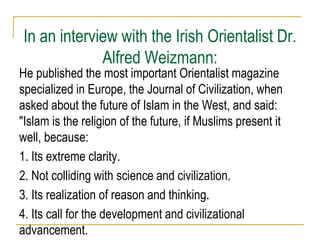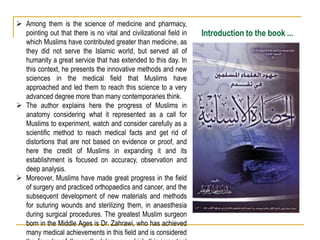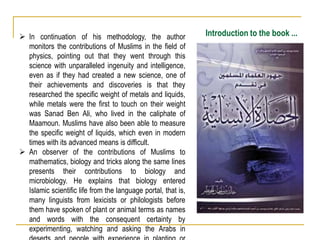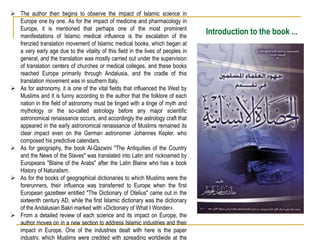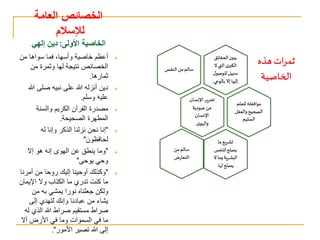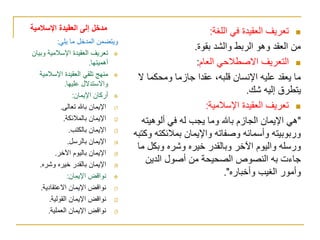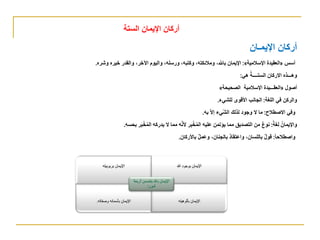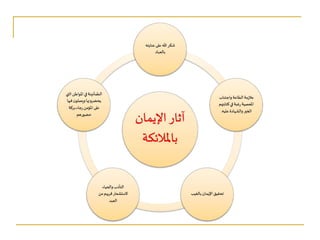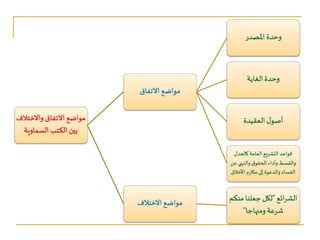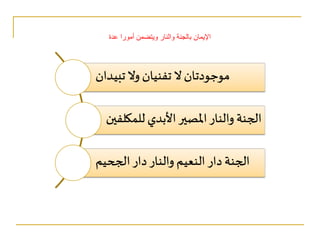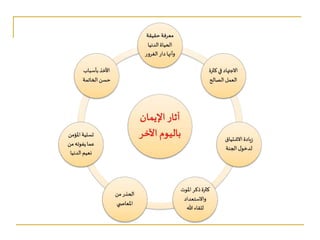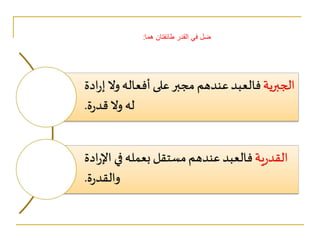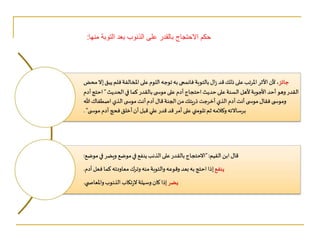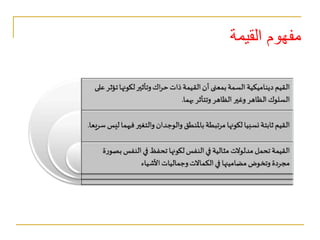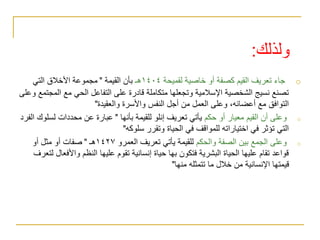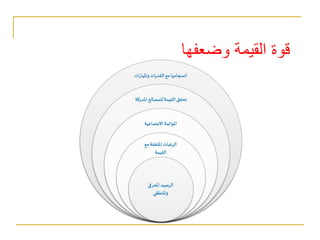The document outlines a research project for an Islamic culture course led by Dr. Bandar Muhammad Almatari and Mrs. Ahlam Alturkistani, requiring students to write a ten-page paper with specific guidelines. It discusses the definitions and components of Islamic culture, its relationship with civilization and other cultures, and various responses to cultural interactions. The document emphasizes the importance of understanding and preserving Islamic culture while engaging with other cultures through dialogue and knowledge exchange.























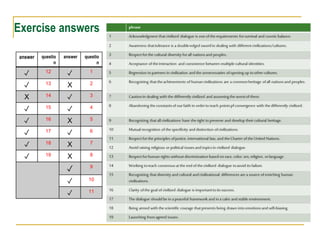




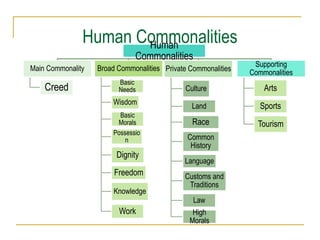




![Exercise II
Identify the civilizational values advocated by the following
religious texts:
Beneficence to the other - Supporting the oppressed - Resorting to dialogue not
conflict - Freedom of belief - Honouring mankind - Acquaintance - Good dialogue
with the other - Extermination of extremism - Peace - The inevitability of diversity
- The non-monopoly of morality for any religion or civilization -
The Religious Text
The Almighty said: {Allah does not forbid you from those who do not fight you because of religion and do
not expel you from your homes – from being righteous toward them and acting justly toward them.
Indeed, Allah loves those who act justly.} Surat Al-Mumtahinah (8)
The Almighty said: {And we made you peoples and tribes that you may know one another.} Surat Al-
Hujurat (13)
The Almighty said: {And do not argue with the People of the Scripture except in a way that is best,} Surat
Al-Ankabut (46)
He, may Allah’s prayers and peace be upon him, said: {I witnessed a pact of justice in the house of
Abdullah ibn Jud’an that was more beloved to me than a herd of expensive red camels. If I were called to
it now in the time of Islam, I would respond.} It was included by Al-Bazzar in his Musnad (1/185) and
others.
The Almighty said: {And we have certainly honored the children of Adam and carried them on the land
and sea} Surah Al-Isra (70)
The Almighty said: {And if they incline to peace, then incline to it [also] and rely upon Allah.} Surat Al-](https://image.slidesharecdn.com/islamiccivilization-221012151352-16f852b5/85/islamic-civilization-pptx-34-320.jpg)
![Exercise II
Identify the civilizational values advocated by the following religious texts:
Beneficence to the other - Supporting the oppressed - Resorting to dialogue not
conflict - Freedom of belief - Honoring man - Acquaintance - Good dialogue with
the other - Extermination of extremism - Peace - The inevitability of diversity -
The non-monopoly of morality for any religion or civilization -
The Religious Texts
The Almighty said: {O People of the scripture, do not commit excess in your religion, or say
about Allah except the truth.} Surat An-Nisa (171)
The Almighty said: {And if your Lord had willed, he could have made mankind one community;
but they will not cease to differ,} Surat Hud (118)
The Almighty said: {There shall be no compulsion in [acceptance of] the religion. The right
course has become distinct from the wrong.} Surat Al-Baqarah (256)
The Almighty said: {Invite to the way of your Lord with wisdom and good instruction,} Surat
An-Nahl (125)
The Almighty said: {Say, “O People of the Scripture, come to a word that is equitable between
us and you} Surat Al-Imran (64)
He, peace and blessings of Allah be upon him, said: (I was sent to perfect good manners) Al-
Albani mentioned it in Al-Silsilah As-Sahihah No. (1/75)](https://image.slidesharecdn.com/islamiccivilization-221012151352-16f852b5/85/islamic-civilization-pptx-35-320.jpg)




